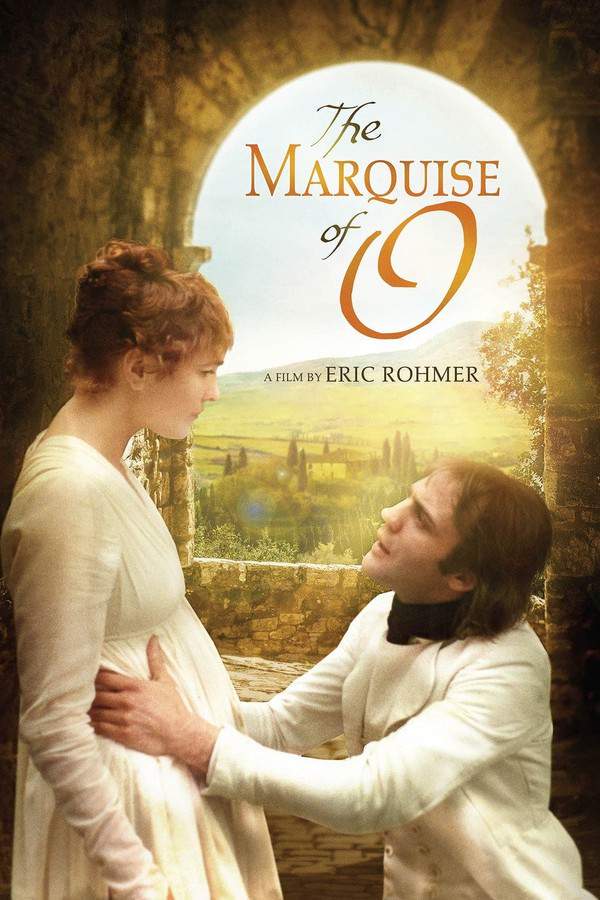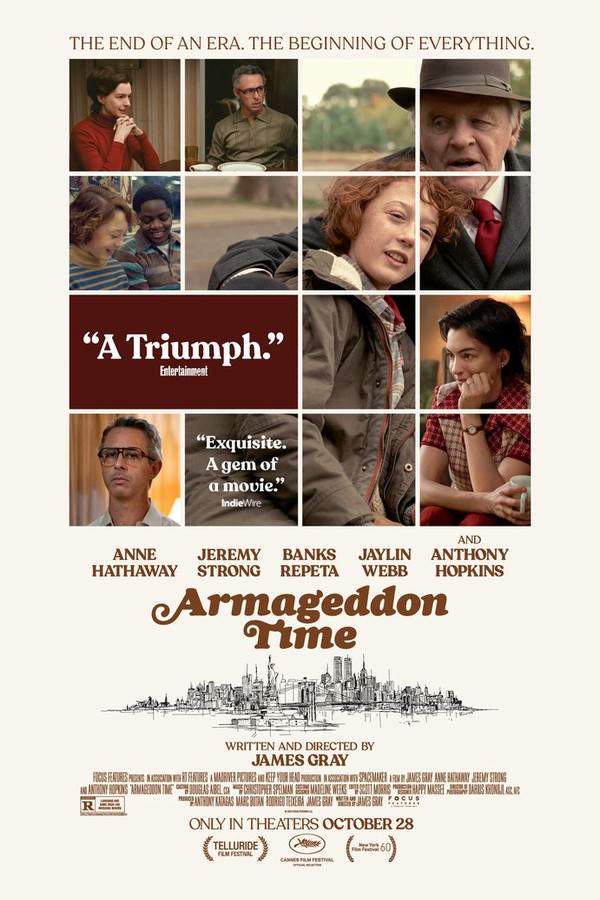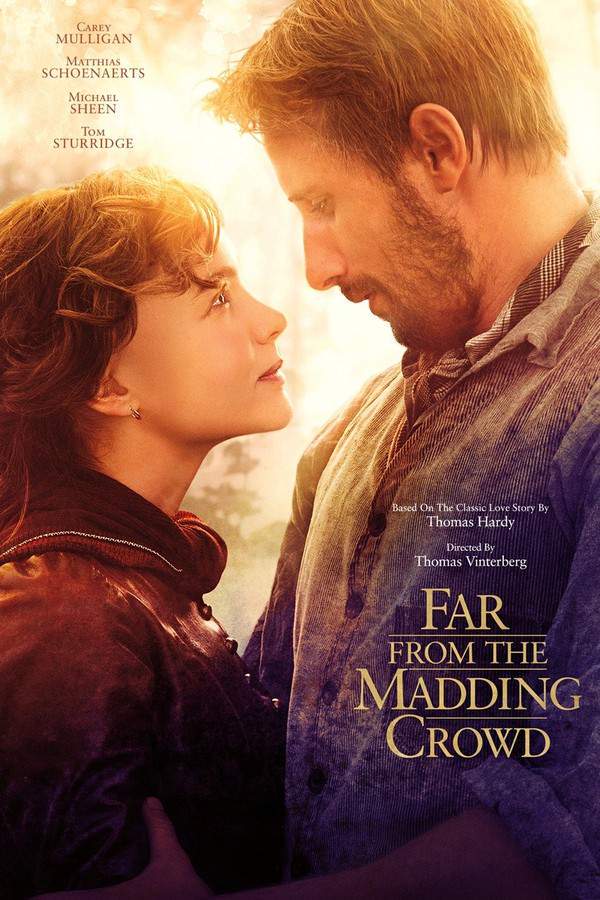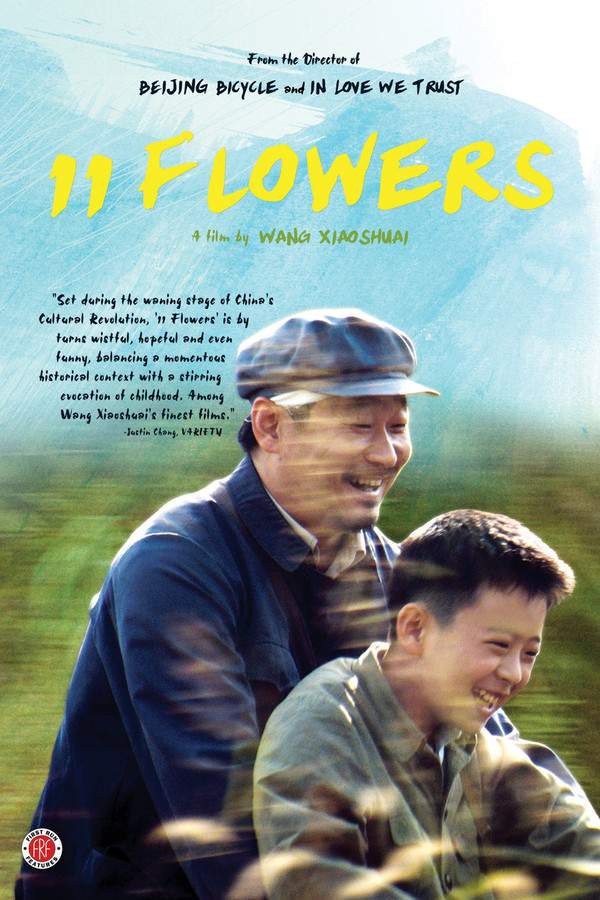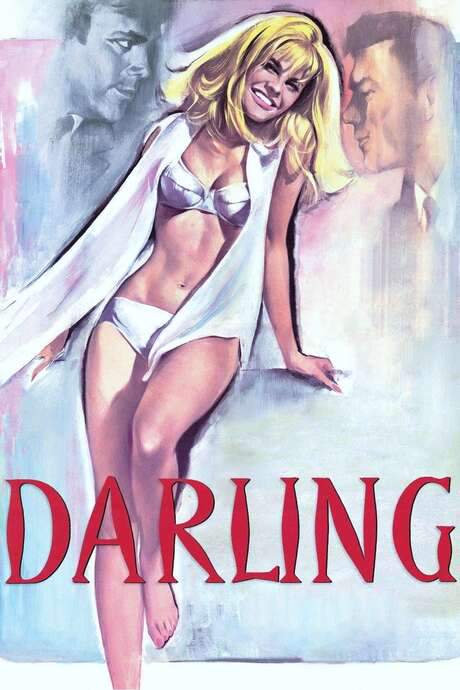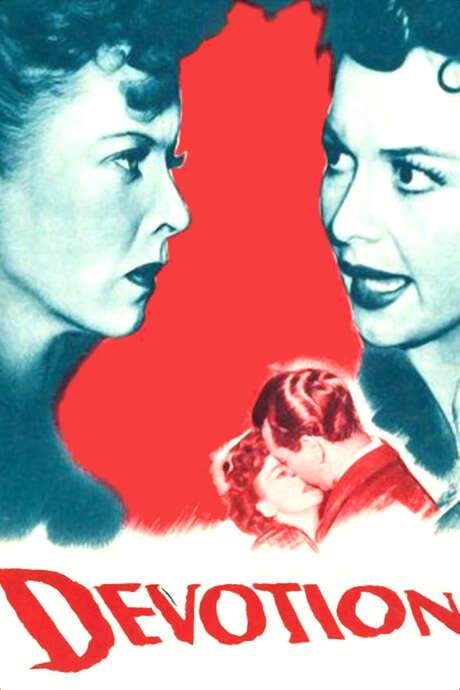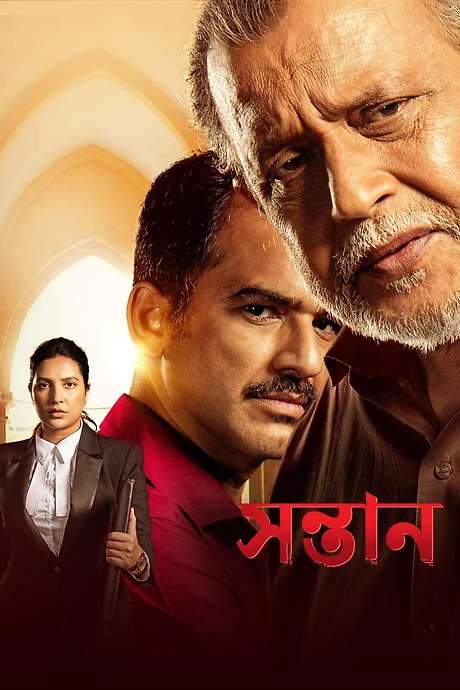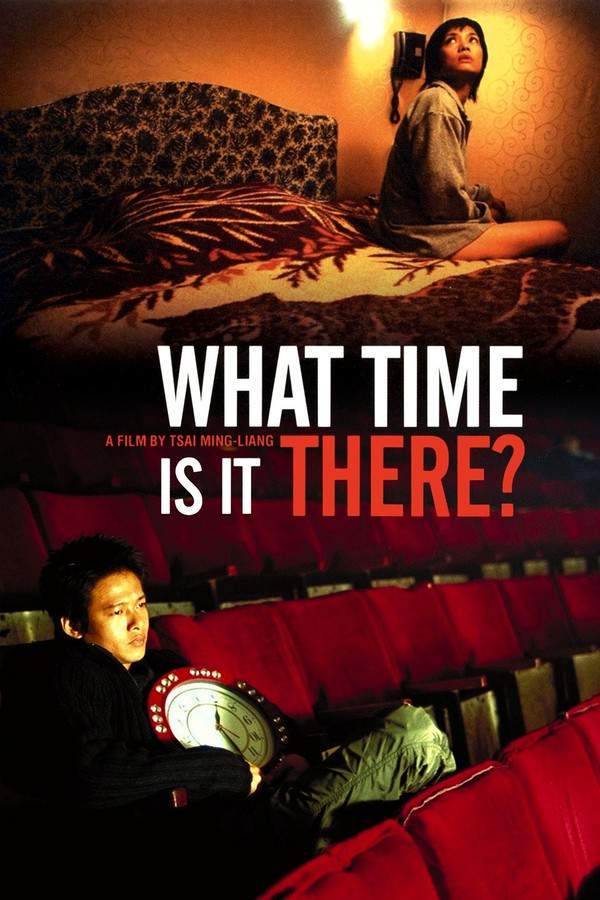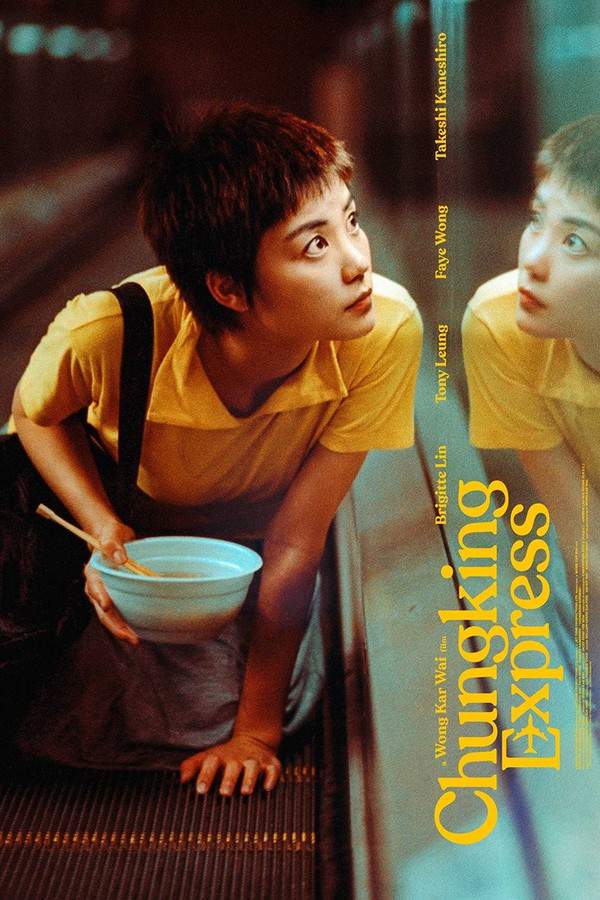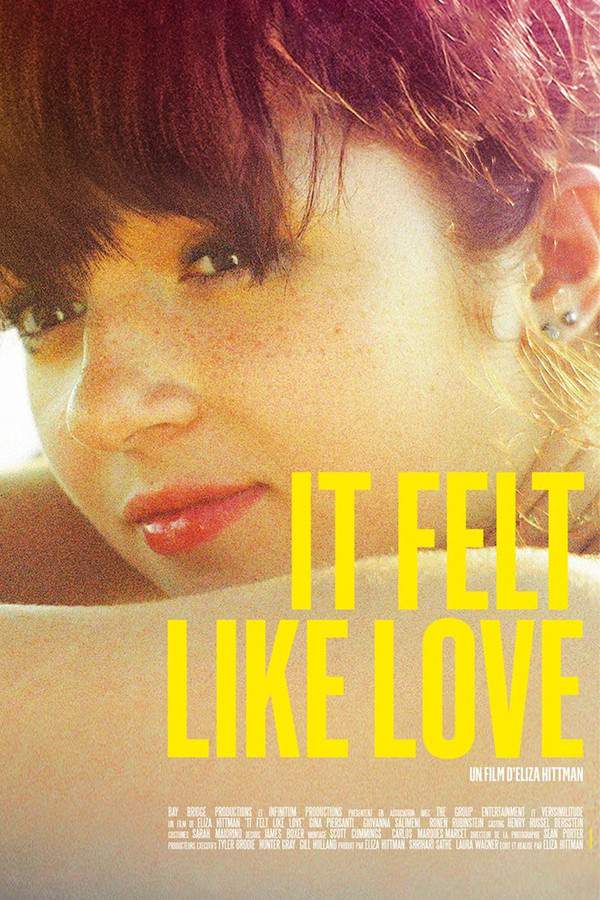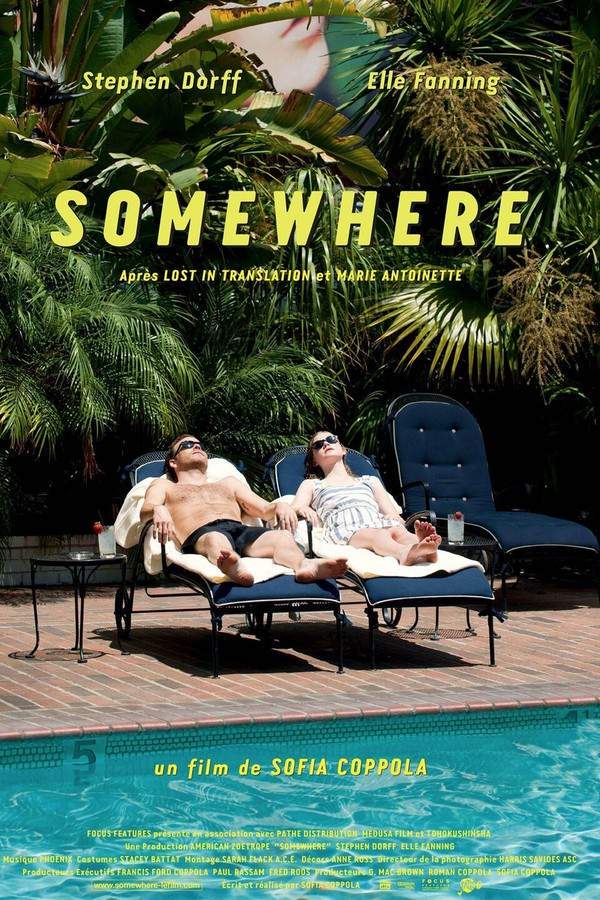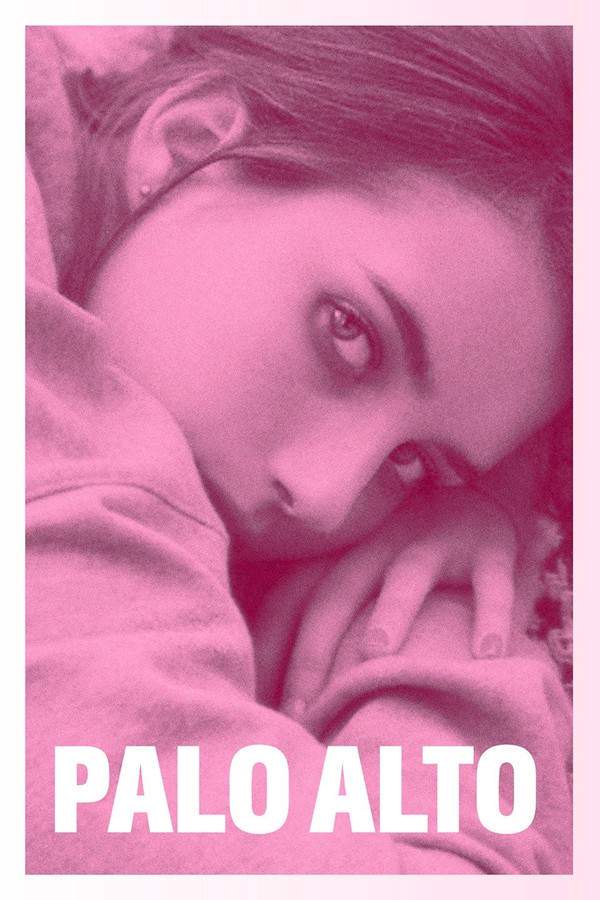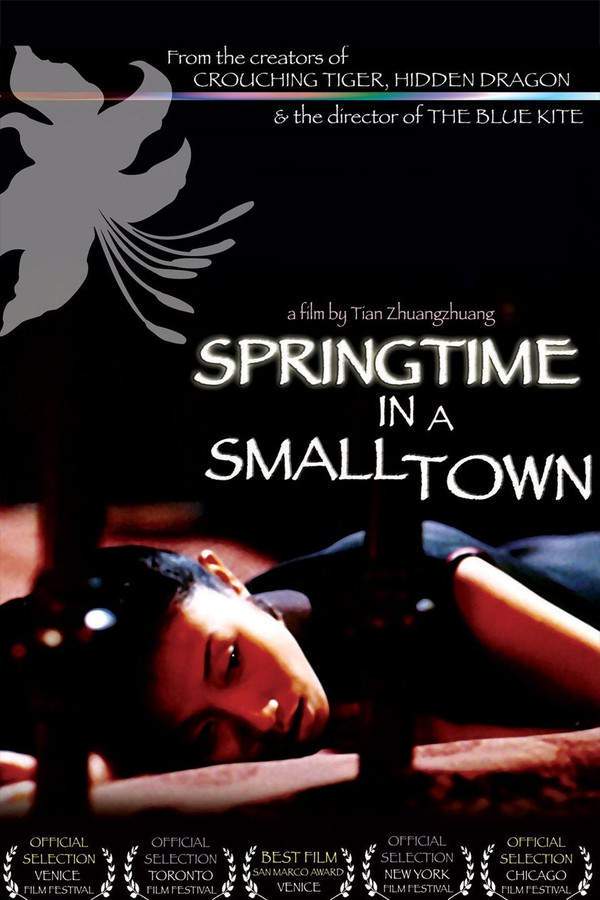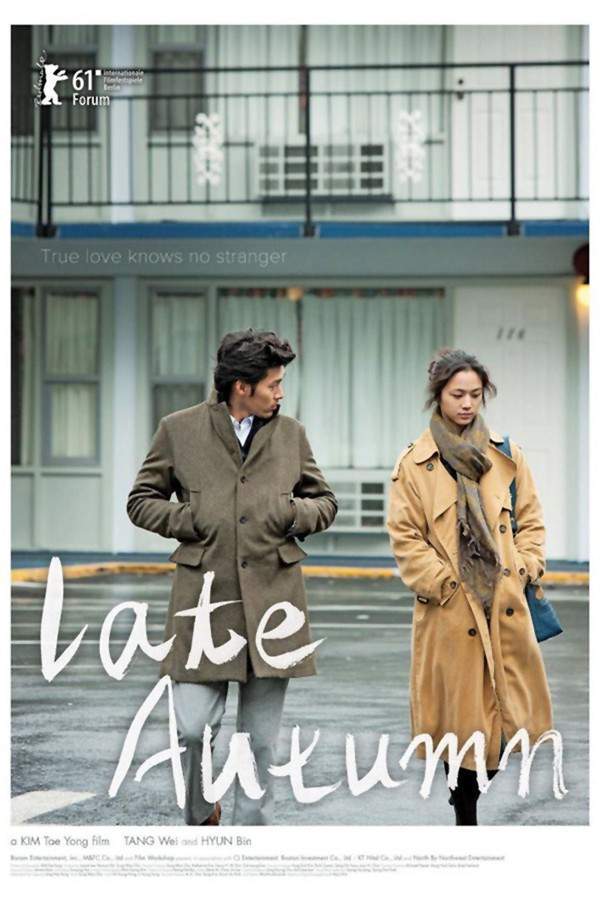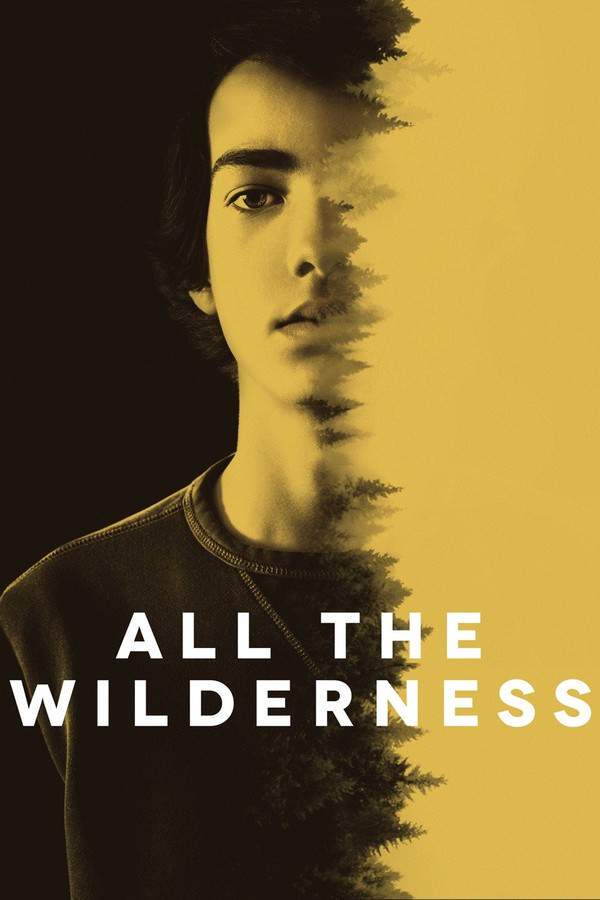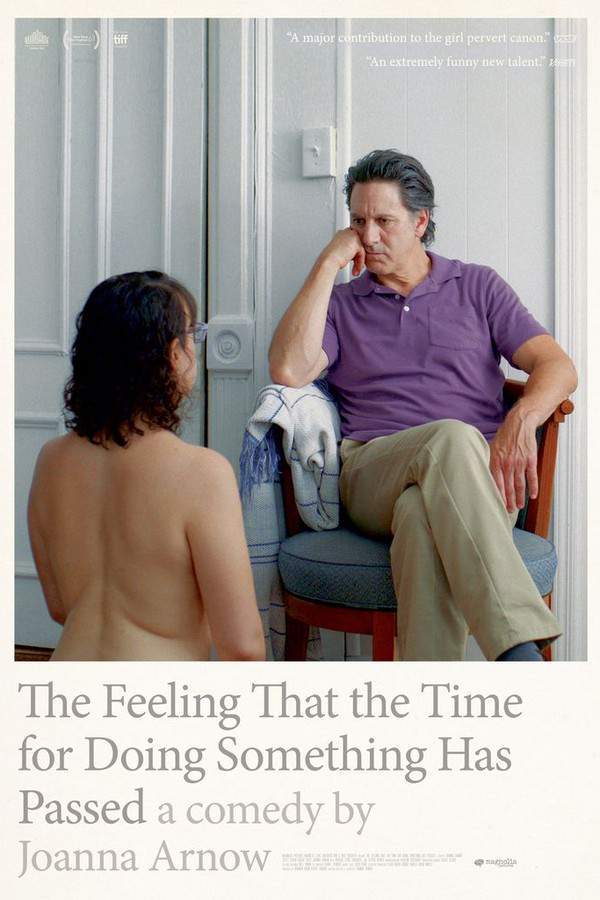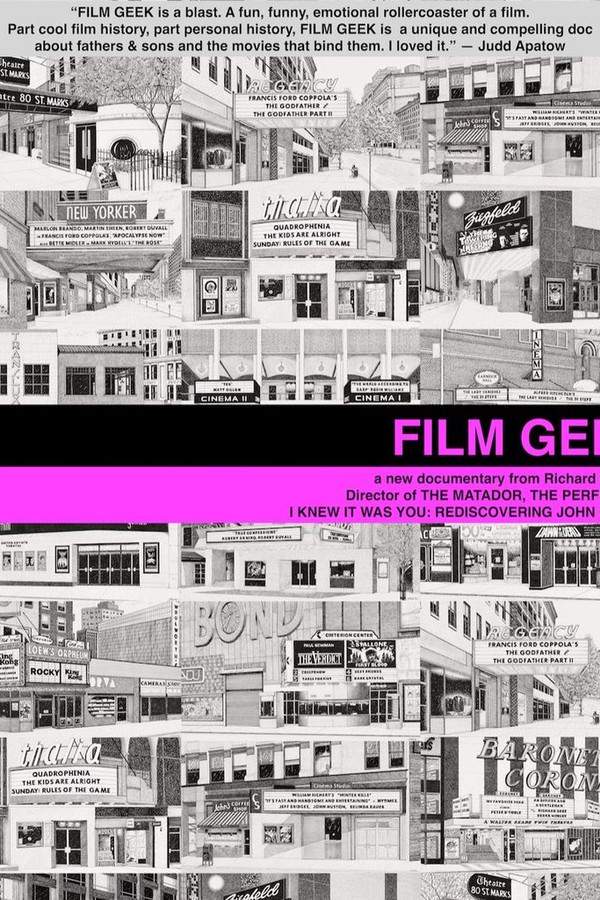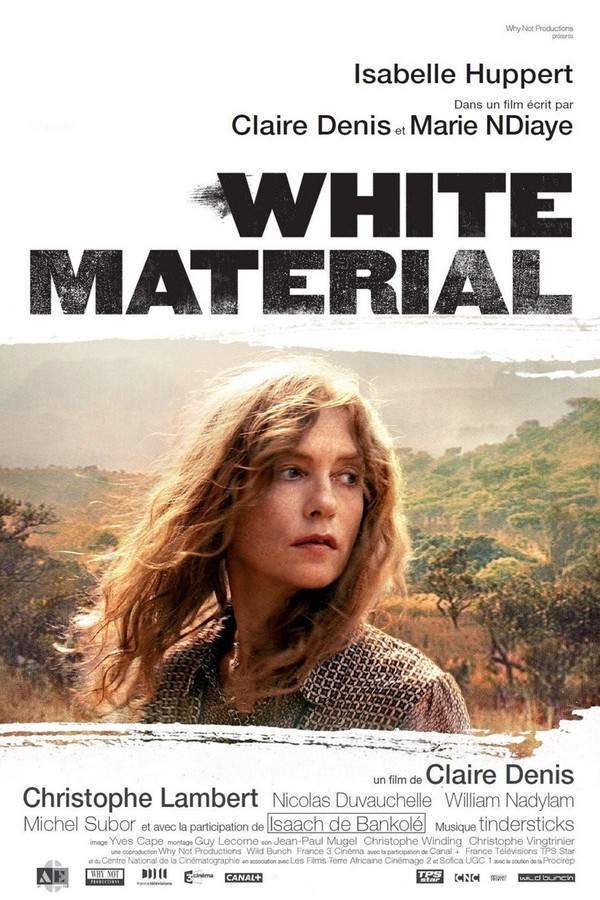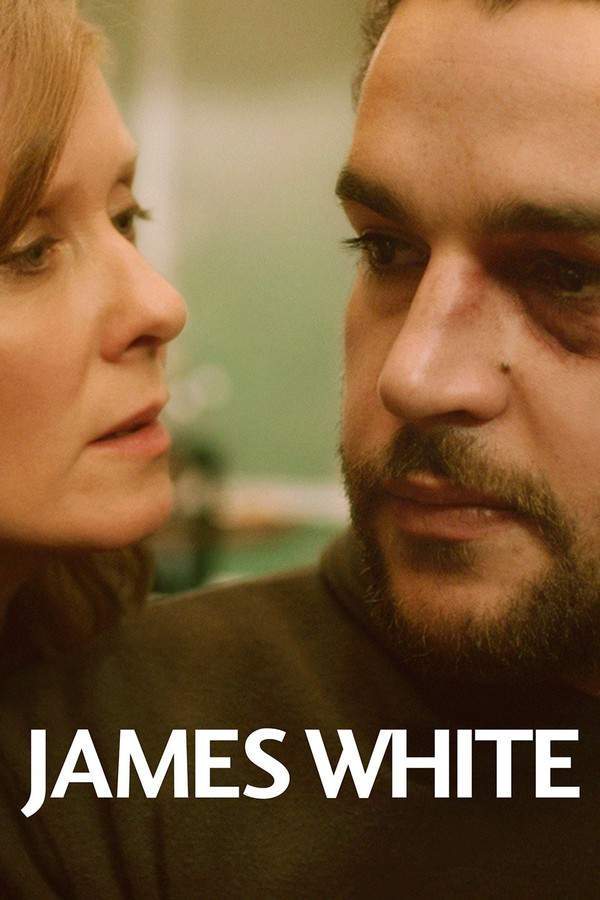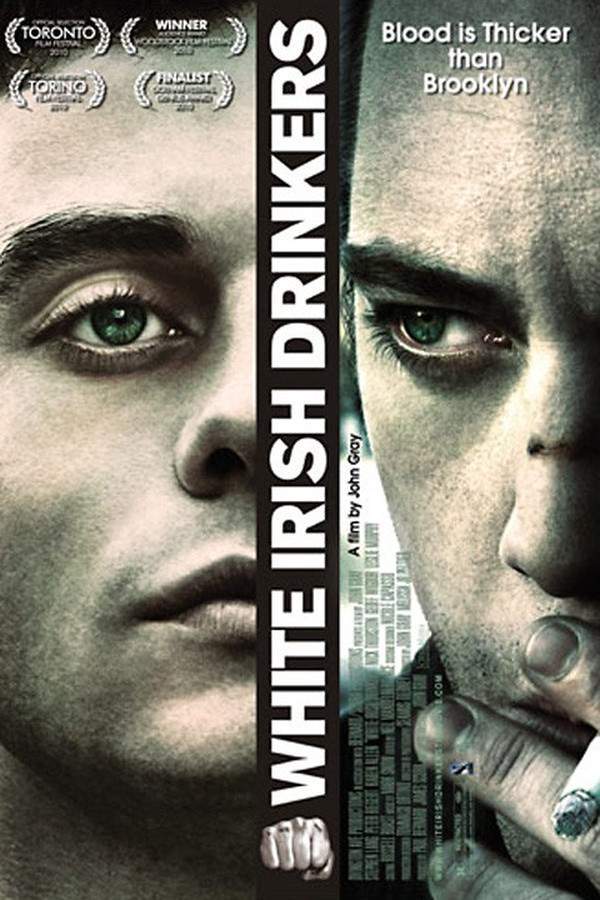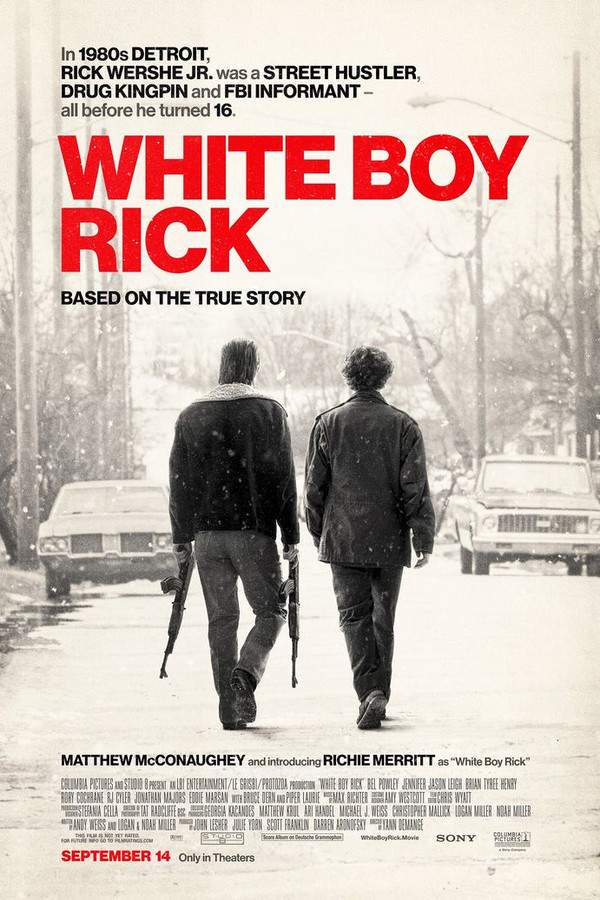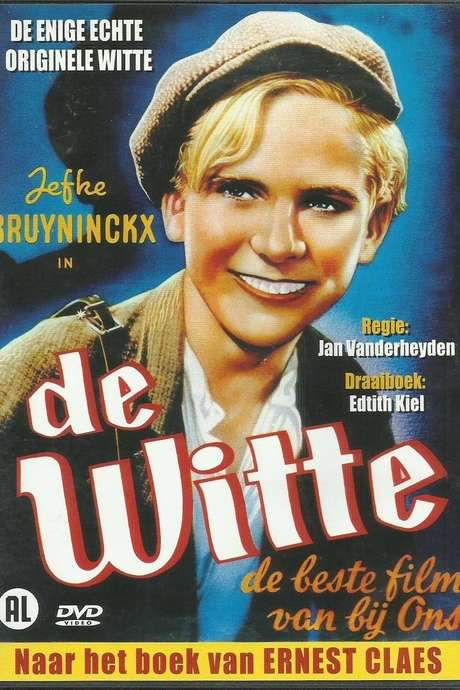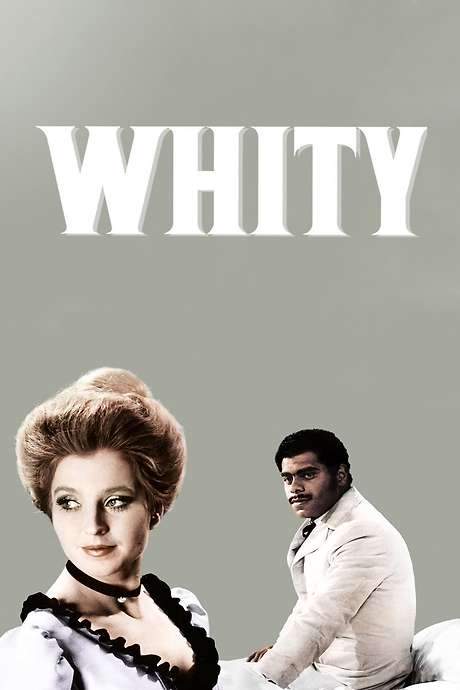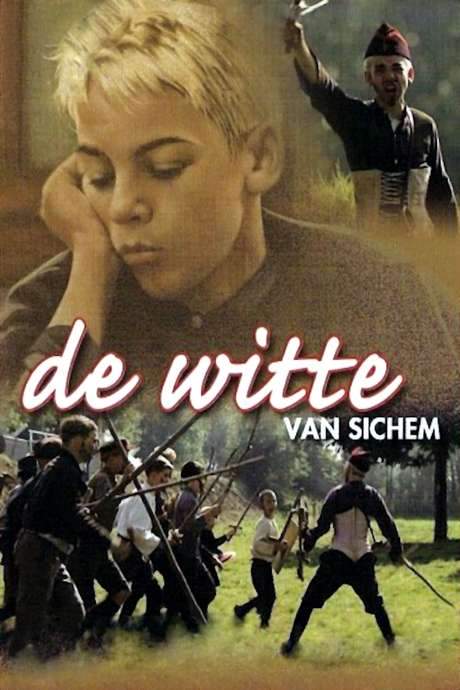
Whitey
Year: 1980
Runtime: 106 mins
Language: Dutch
Director: Robbe De Hert
The colour adaptation of Ernest Claes’ Flemish novel, named after the blond‑haired boy whose nickname means “the White”. A clever but disobedient farmhand’s pranks anger teachers, his father’s landlord and the curate. When his mother catches him skinny‑diving she strips his clothes, forcing a humiliating walk home fearing his father’s wrath. The film highlights the story’s social and Flemish themes.
Warning: spoilers below!
Haven’t seen Whitey yet? This summary contains major spoilers. Bookmark the page, watch the movie, and come back for the full breakdown. If you're ready, scroll on and relive the story!
Timeline – Whitey (1980)
Trace every key event in Whitey (1980) with our detailed, chronological timeline. Perfect for unpacking nonlinear stories, spotting hidden connections, and understanding how each scene builds toward the film’s climax. Whether you're revisiting or decoding for the first time, this timeline gives you the full picture.
Last Updated: October 09, 2025 at 14:51
Explore Movie Threads
Discover curated groups of movies connected by mood, themes, and story style. Browse collections built around emotion, atmosphere, and narrative focus to easily find films that match what you feel like watching right now.
Movies about oppressive childhoods like Whitey
Young protagonists endure systemic pressure and punishment in unforgiving communities.If you were captivated by the harsh upbringing in Whitey, this collection features similar movies about children navigating punitive societies. Discover other powerful dramas and historical films that explore rebellion, punishment, and the struggle for identity in unforgiving rural or traditional settings.
Narrative Summary
Stories in this thread typically follow a young protagonist's episodic struggles against the authoritative pillars of their community—be it a strict father, a punitive school, or a dogmatic religious institution. The narrative is often a series of confrontations and humiliations that slowly chip away at the character's innocence, highlighting the tension between individual spirit and societal constraints.
Why These Movies?
These films are grouped together due to their shared focus on the melancholic and gritty experience of childhood under oppression. They feature a steady, observational pacing that allows the weight of the environment to settle on the viewer, and often possess a medium to high emotional weight centered on themes of rebellion, punishment, and resilience.
Melancholic coming-of-age stories like Whitey
Bittersweet and reflective stories looking back at a difficult childhood.For viewers who appreciated the reflective and bittersweet mood of Whitey, this list curates similar melancholic coming-of-age movies. Find other dramas that capture the complex emotions of looking back on youth, blending nostalgic imagery with the honest pain of growing up.
Narrative Summary
The narrative pattern often involves a framing device or an overall tone of reminiscence, where the story of youth is told with a blend of affection for the setting and sadness for the hardships endured. The journey is less about a clear triumph and more about capturing the ambiguous, lasting emotional imprint of early life experiences.
Why These Movies?
This thread connects films through a specific emotional mix: a nostalgic atmosphere layered over a core of melancholy. The pacing is typically steady, allowing for reflection, and the endings often feel ambiguous or bittersweet, leaving the viewer with a complex sense of loss and memory rather than simple closure.
Unlock the Full Story of Whitey
Don't stop at just watching — explore Whitey in full detail. From the complete plot summary and scene-by-scene timeline to character breakdowns, thematic analysis, and a deep dive into the ending — every page helps you truly understand what Whitey is all about. Plus, discover what's next after the movie.
Whitey Summary
Read a complete plot summary of Whitey, including all key story points, character arcs, and turning points. This in-depth recap is ideal for understanding the narrative structure or reviewing what happened in the movie.

Characters, Settings & Themes in Whitey
Discover the characters, locations, and core themes that shape Whitey. Get insights into symbolic elements, setting significance, and deeper narrative meaning — ideal for thematic analysis and movie breakdowns.

Whitey Spoiler-Free Summary
Get a quick, spoiler-free overview of Whitey that covers the main plot points and key details without revealing any major twists or spoilers. Perfect for those who want to know what to expect before diving in.

More About Whitey
Visit What's After the Movie to explore more about Whitey: box office results, cast and crew info, production details, post-credit scenes, and external links — all in one place for movie fans and researchers.

Similar Movies to Whitey
Discover movies like Whitey that share similar genres, themes, and storytelling elements. Whether you’re drawn to the atmosphere, character arcs, or plot structure, these curated recommendations will help you explore more films you’ll love.
Explore More About Movie Whitey
Whitey (1980) Plot Summary & Movie Recap
Whitey (1980) Scene-by-Scene Movie Timeline
Whitey (1980) Spoiler-Free Summary & Key Flow
Movies Like Whitey – Similar Titles You’ll Enjoy
White Material (2010) Film Overview & Timeline
James White (2015) Ending Explained & Film Insights
White Irish Drinkers (2011) Full Movie Breakdown
White Boy (2002) Full Movie Breakdown
The White Sound (2001) Spoiler-Packed Plot Recap
A White, White Day (2019) Full Movie Breakdown
White Journey (1980) Spoiler-Packed Plot Recap
White Hot (1988) Complete Plot Breakdown
White Wedding (1989) Film Overview & Timeline
White Bird (2023) Full Summary & Key Details
White Flame (1930) Film Overview & Timeline
Whitey (1934) Ending Explained & Film Insights
White Courage (2024) Plot Summary & Ending Explained
The Boy with White Skin (2024) Spoiler-Packed Plot Recap
Whity (1971) Full Movie Breakdown

